Carrots sold to retailers nationwide recalled over salmonella concerns
Carrot products sold under multiple brand names are being pulled from store shelves because they may be contaminated with salmonella.
Grimmway Farms issued a voluntary recall of multiple products distributed to retailers across the nation after a "routine, internal company test" indicated that they may have been contaminated with salmonella, according to Grimmway Farms CEO Jeff Huckaby.
In total, the company recalled six retail-packed products alongside "certain shredded carrots and chopped (chunk) carrots that were sold to food manufacturers and foodservice distributors," according to the U.S. Food and Drug Administration's (FDA) recall notice.

Grimmway Farms Bunny-Luv classic cut and peeled baby carrots 1 lb. bag. (FDA)
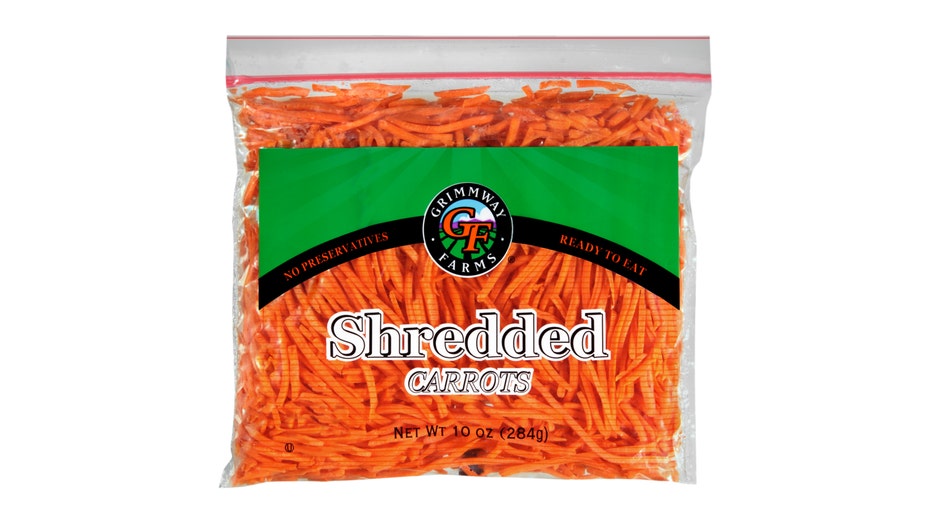
Grimmway Farms shredded carrots 10 oz. bag. (FDA)
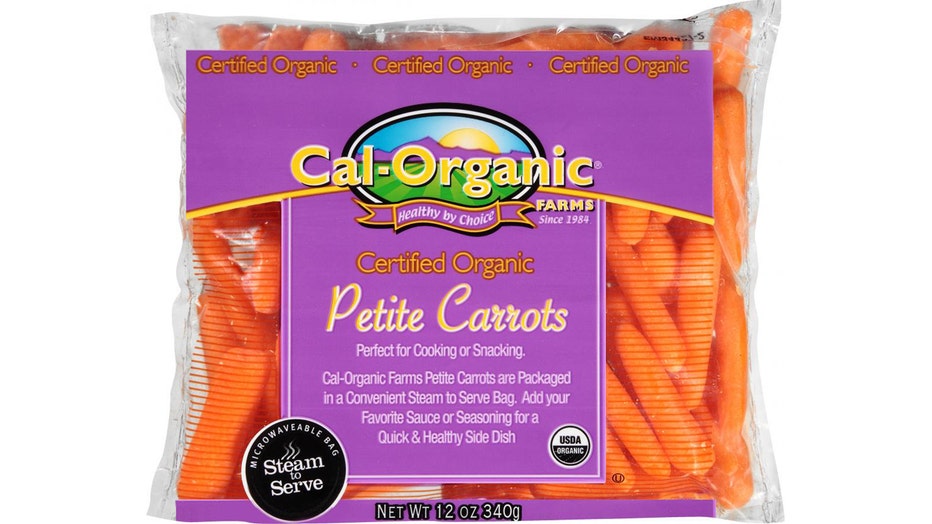
Grimmway Farms Organic Petite Carrots Cal-Organics 12 oz. bag. (FDA)
"The company has notified all customers who received the recalled product directly from Grimmway Farms and requested that they remove it from commerce," the FDA said.
To date, all food manufacturers, foodservice distributors, and retail customers were notified about the recalled carrots "with much of the product having been recaptured before being available for consumption," according to the FDA.
"The health of our customers and the integrity of our products are our highest priorities, and we will continue to monitor and communicate as additional information is available," Huckaby said.
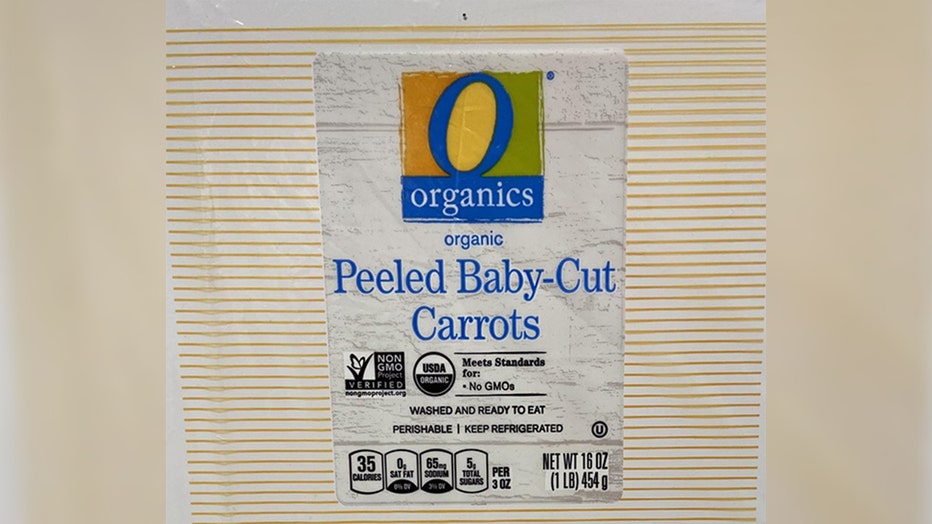
Grimmway Farms Organic Peeled Baby-Cut Carrots O Organics 1 lb. bag. (FDA)
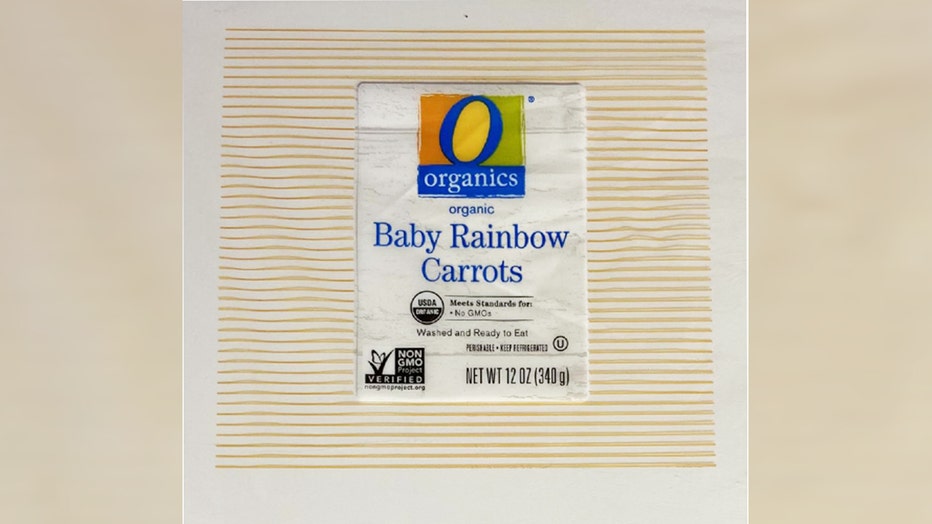
Grimmway Farms Organic Baby Rainbow Carrots O Organics 12 oz. bag. (FDA)
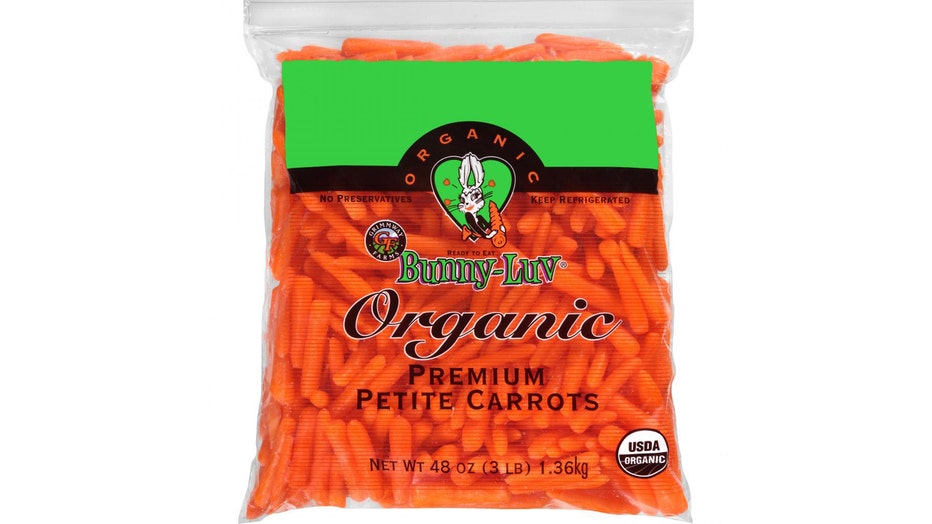
Grimmway Farms Organic Premium PetiteCarrots Bunny Luv 3 lb. bag. (FDA)
No illnesses have been reported regarding the recalled products.
Salmonella symptoms can include fever, diarrhea, nausea, vomiting and abdominal pain. However, the organism can cause "serious and sometimes fatal infections" in young children, frail or elderly people, and others with weakened immune systems, according to the FDA.

